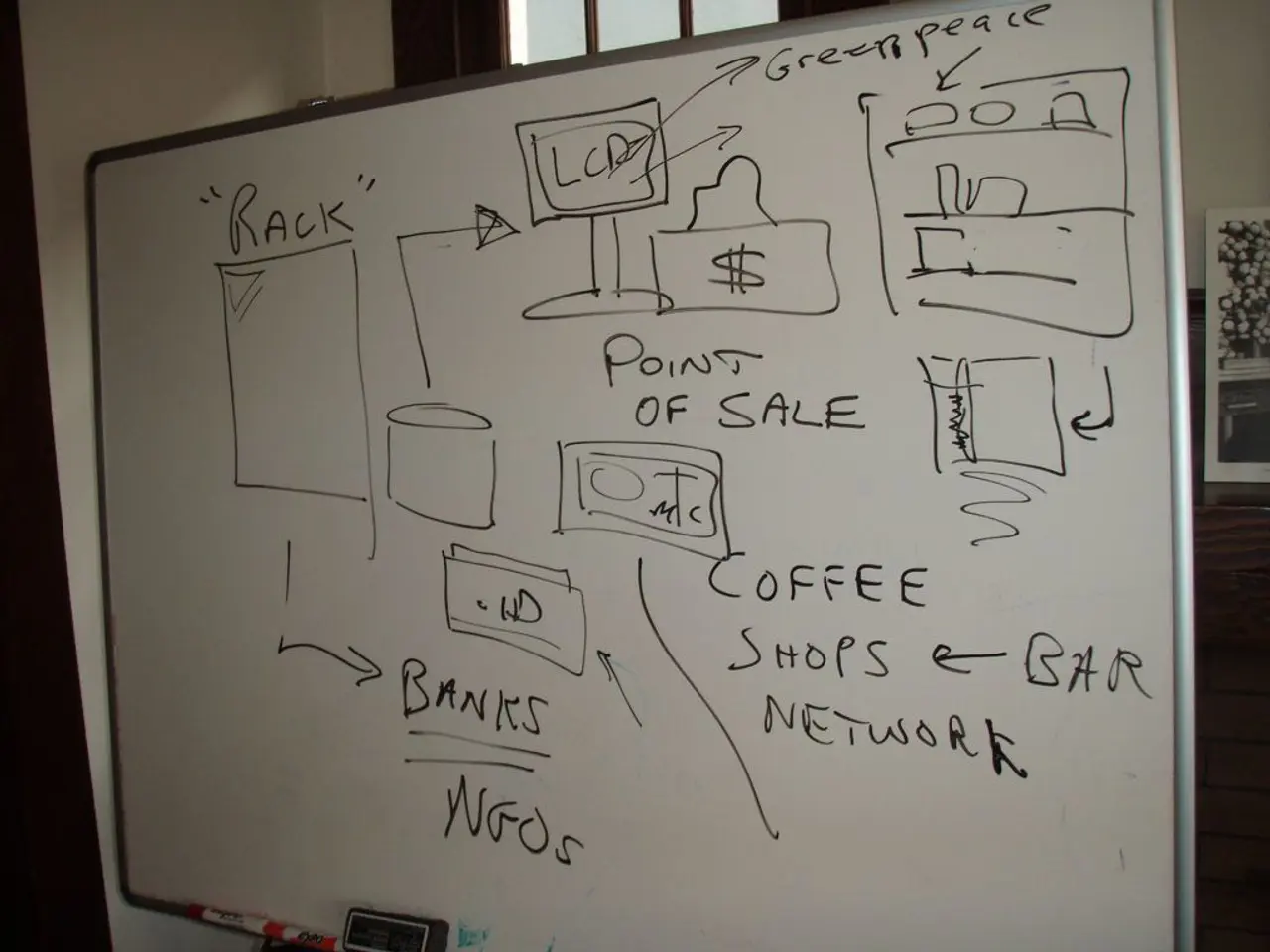The urgent need for quantum security in the present day
In the rapidly evolving digital landscape, the choice between waiting and reacting or preparing and leading in quantum-safe cybersecurity is clear: Embracing quantum-safe cybersecurity now could help ensure staying ahead in the race. As of mid-2025, major tech companies and governments are actively progressing toward adopting quantum-safe encryption, driven by the impending threat that quantum computers pose to current cryptographic standards such as RSA-2048 and ECC-256.
The U.S. National Institute of Standards and Technology (NIST) has led a global effort to evaluate and standardize post-quantum cryptographic (PQC) algorithms. Initial selections were announced in 2022, and official deprecation of RSA-2048 and similar classical algorithms is scheduled by 2030, with mandatory full transition to quantum-resistant cryptography by 2035. The UK has introduced a similar roadmap with discovery phases by 2028 and full transition by 2035.
Many organizations are currently adopting hybrid cryptography that combines classical algorithms with quantum-safe algorithms. This strategy ensures backward compatibility with existing infrastructure while preparing for quantum-safe communications. Several tech companies are investing in quantum-safe technologies, with examples like Patero's launch of CryptoQoR, a crypto-agile software module designed for hybrid post-quantum encryption.
Despite progress, adoption is slowed by high implementation and maintenance costs, the complexity of integrating PQC algorithms into legacy systems, and the need for specialized expertise. Additionally, the lack of full standardization and industry-wide adoption presents hurdles.
Given these developments, business leaders should act decisively to prepare their organizations for the quantum computing era by initiating early transition to PQC, deploying hybrid encryption systems, assessing and upgrading infrastructure, investing in expertise and training, monitoring regulatory and industry standards, addressing data-at-rest and data-in-transit risks, collaborating with technology partners, and building internal expertise in quantum literacy.
The opportunity for quantum innovation is here, and the time to move is now. As Forbes Finance Council, an invitation-only organization for executives in successful accounting, financial planning, and wealth management firms, emphasizes, staying aligned with evolving standards from NIST and other international organizations is important for ensuring a secure and interoperable strategy. The risks associated with quantum computing, such as general uncertainty and inherent risks to cybersecurity and other systems, should be acknowledged and addressed.
In conclusion, the transition to quantum-safe encryption is a critical and time-sensitive initiative underway among governments and leading tech companies, supported by emerging standards from NIST and regulatory frameworks. Business leaders must proactively adopt hybrid cryptographic solutions, upgrade infrastructure, and build expertise to maintain digital security and compliance in preparation for the quantum computing era expected within this decade.
- David DeWalt, a key figure in the finance sector, emphasizes the need for businesses to proactively adopt hybrid cryptographic solutions, such as those offered by Patero with CryptoQoR, to ensure digital security and compliance in the rapidly approaching quantum computing era.
- As quantum-safe encryption becomes increasingly important in protecting against the impending threat of quantum computers to current cryptographic standards, understanding and implementing data-and-cloud-computing technologies that support quantum-resistant cryptography, like those championed by the U.S. National Institute of Standards and Technology (NIST), is essential for businesses.
- With cybersecurity being a crucial aspect of business operations in the digital landscape, technology leaders, including David DeWalt, underscore the vital role of staying updated on international standards, such as those from NIST, in maintaining secure and interoperable strategies in a quantum- safe future.




